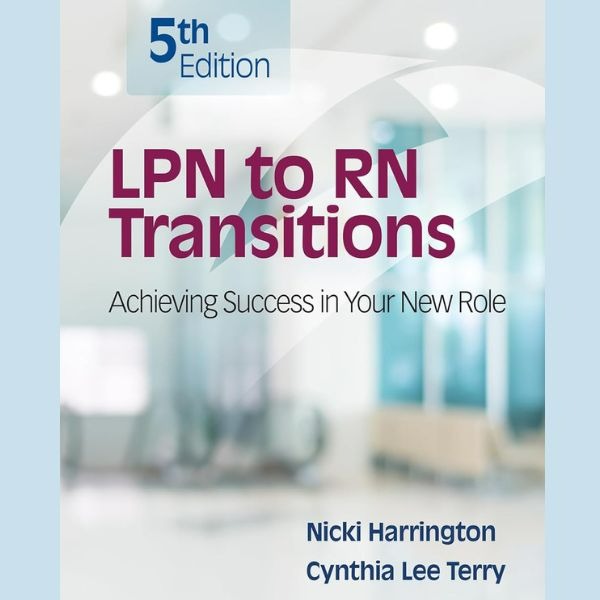For 25% Off Your Order, Use The Coupon Code: GUIDE15
Understanding the Transition from LPN to RN
The transition from Licensed Practical Nurse (LPN) to Registered Nurse (RN) represents a significant step in a nursing career, marked by expanded responsibilities, increased autonomy, and diverse opportunities within the healthcare field. While both LPNs and RNs are integral to patient care, their roles differ in educational requirements, scope of practice, and complexity of tasks. LPNs typically undertake a practical nursing program that focuses on basic patient care, whereas RNs are required to complete an associate degree in nursing (ADN) or a Bachelor of Science in Nursing (BSN), delving deeper into subjects such as health assessment, pharmacology, and advanced clinical skills.
The scope of practice for RNs surpasses that of LPNs. RNs are equipped to perform comprehensive patient assessments, develop nursing care plans, and administer complex treatments. They often assume charge roles in healthcare settings, leading teams and making critical decisions that impact patient outcomes. In contrast, LPNs generally work under the supervision of RNs, focusing on direct patient care tasks. However, the foundational skills acquired as an LPN can significantly benefit those advancing to RN status, enabling them to adapt swiftly to more rigorous coursework and clinical experiences.
Creating a structured study schedule is key to managing the demanding nursing curriculum. Allocate specific times each day to review lecture notes, complete assignments, and prepare for exams. Consistency in your study habits will enhance your learning and reduce stress.
Maximize your understanding of complex concepts by using active learning techniques. Summarize information in your own words, create mind maps, or use flashcards to reinforce important topics. Teaching a peer can also solidify your grasp of the material.
Joining a study group allows you to collaborate with peers, gain diverse perspectives, and share valuable resources. Group discussions can clarify difficult subjects and enhance your critical thinking skills.
Take advantage of online platforms like Khan Academy, Coursera, and Quizlet for additional learning materials. These resources offer interactive content and practice exercises tailored to nursing education.
Prepare for real-world nursing situations by analyzing case studies and participating in simulations. These activities develop your clinical decision-making abilities and boost your confidence in patient care.
Invest in core nursing textbooks such as “Fundamentals of Nursing” by Potter & Perry and “Medical-Surgical Nursing” by Ignatavicius. These books provide comprehensive coverage of key nursing principles.
Start early with NCLEX-RN preparation using resources like BoardVitals. Their practice questions and detailed rationales will help you become familiar with the exam format and improve your test-taking skills.
Keep up-to-date with the latest nursing research and trends by subscribing to journals like the American Journal of Nursing (AJN) and Journal of Nursing Education.
Download apps like Medscape, Epocrates, and Nursing Central for easy access to drug information, clinical guidelines, and medical calculators on the go.
For comprehensive support during your transition, check out the LPN to RN Transition Guide available at Nurse Study Guides. This product offers valuable insights and strategies tailored specifically for LPNs moving into RN roles.
Balancing the demands of nursing school with personal life requires attention to self-care. Schedule time for relaxation, physical activity, and hobbies to maintain mental and physical health.
Surround yourself with supportive family, friends, and fellow students who can offer encouragement and understanding throughout your journey.
Seek help from campus services such as tutoring centers, writing labs, and academic advisors if you need additional support or guidance.
Transitioning from LPN to RN is a rewarding experience that enhances your skills and broadens your career opportunities. By applying effective study strategies, such as using study guides to streamline your learning process, leveraging valuable resources, like online nursing communities and mentorship programs, and prioritizing self-care, you can thrive in nursing school and achieve success in your RN transition journey. Embrace this exciting chapter with confidence and determination!
Stay connected with our blog for more tips and insights on excelling in your nursing career!
Blog Post: Effective Nursing School Study Guides for Success


